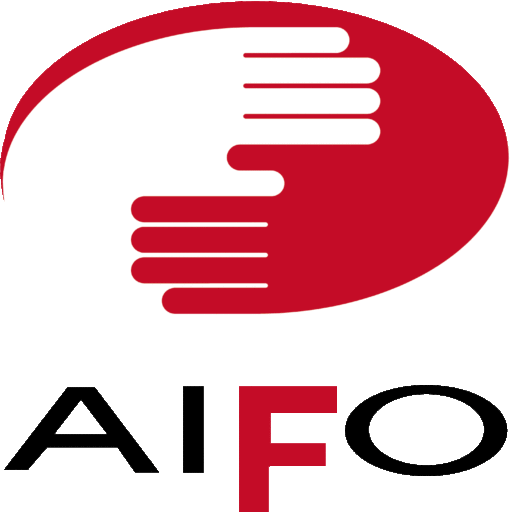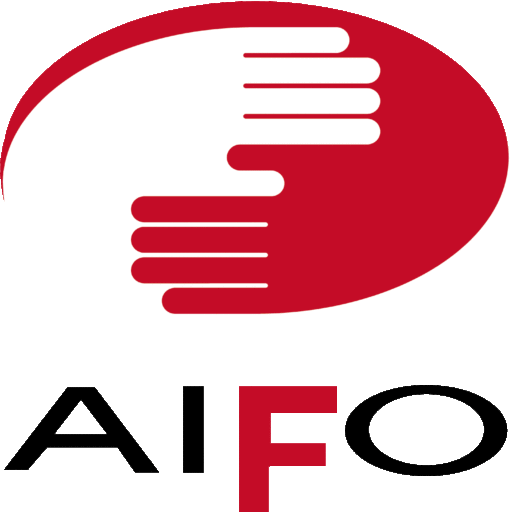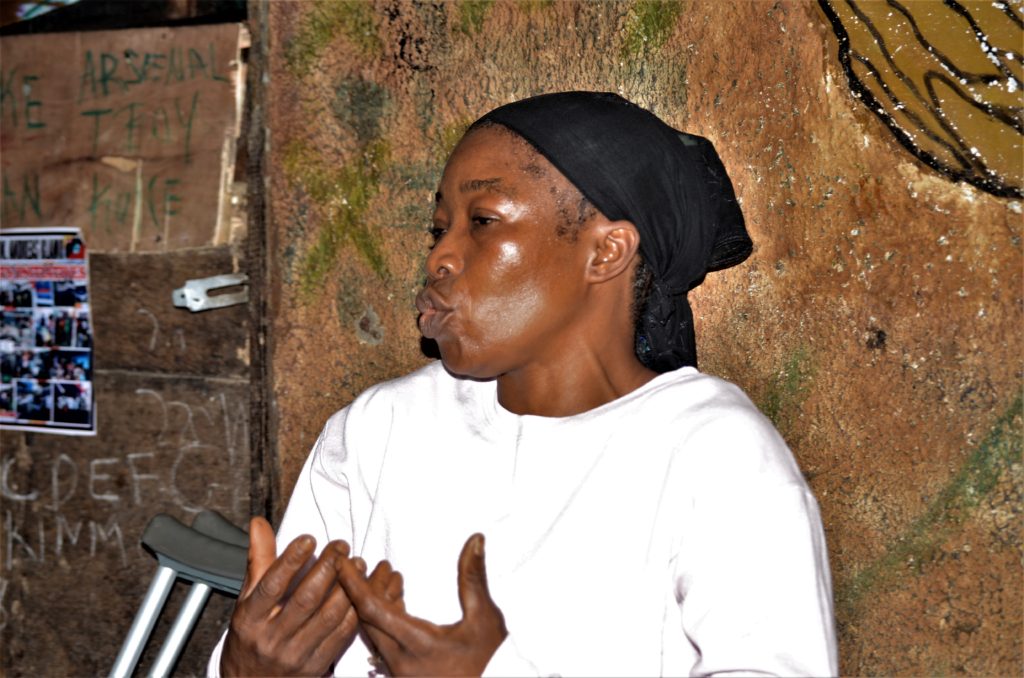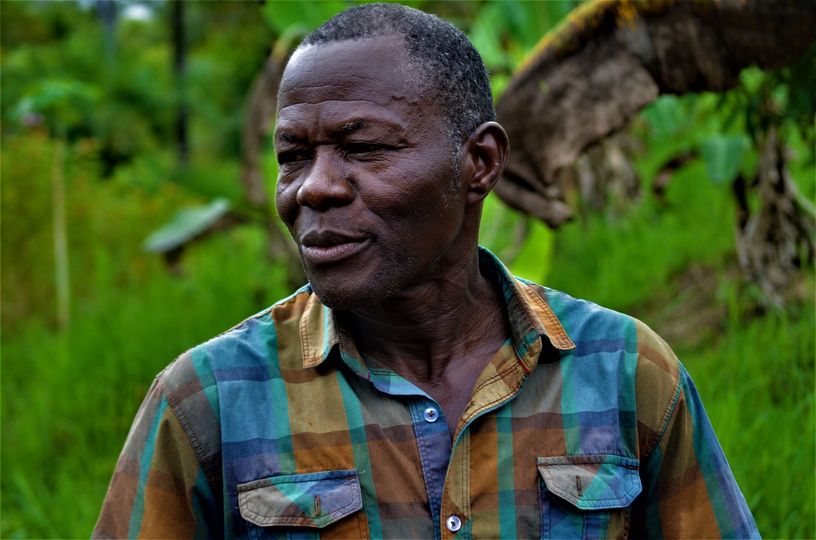Living in a community with non-disabled persons was difficult in the past due to the lack of knowledge. But with the arrival of AIFO to Liberia and through its capacity building training, persons with disabilities are now living freely with non-disabled persons in a community. –Rose Teah, President of the Association of Disabled Women (ADW).
Rose, a 49-year old physically challenged woman with 6 children, is a beneficiary of our activities in Montserrado County, specifically the Coordinated Action on Disability in Liberia (CAD-L) project. She was trained in Video Editing and Production for PWDs advocacy and awareness under the inception phase of the CAD-L project. Rose has attended some capacity building training on Work and Employment for PWDs, advocacy, institutional management, Entrepreneurship and the United Nations Convention on the Rights of Persons with Disabilities (UNCRPD).
Through our activities, Rose is now having a voice in her community, her community has recognized her as an Advocate for persons with disabilities and she now has a participatory role in community meetings.
She knows how to advocate for her rights and the rights of other persons with disabilities. In the past, Rose did not know that disabled persons could also work. This stopped her from pushing forward for a job for many years after completing her secondary education. Upon connecting with AIFO and its capacity building training in Human Rights, Advocacy and the UNCRPD, Rose got to know that a disabled person is capable of working as a non-disable person which Rose is now the President of the Association of Disabled Women, an advocacy group comprising of over 100 disabled women.
Rose and other disabled women usually experience Sexual and Gender Based Violence. It is proven that men are only happy to affiliate with disabled women during night hours and abandoned pregnancies that are caused by them.
As stated by Rose, lack of empowerment for disabled women is a big challenge. Disabled women need to be empowered to take care of their sustainability, send children to school and cater to other needs.



